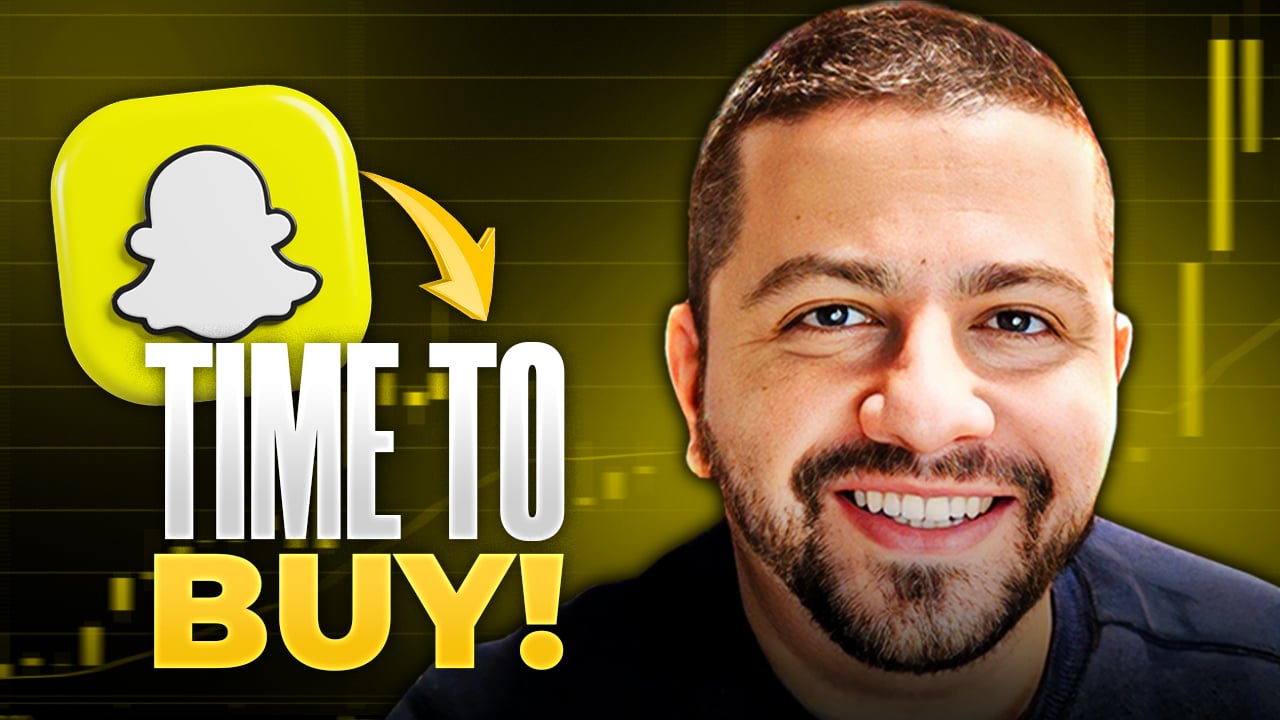The Motley Fool Money team shares their take on Snap (SNAP +0.74%) following the massive gains the stock has enjoyed since pricing its IPO at $17 per share. As the biggest tech company debut since Alibaba went public in 2014, investors want to know: Does Snap deserve its valuation, and if so, how can an investor tell?
A transcript follows the video.
This video was recorded on March 3, 2017.
Chris Hill: Snap went public on Thursday at $17 a share, and quickly shut up more than 70% as it closed in on a market cap of $34 billion [having since declined to about $27 billion]. It is the biggest tech IPO since Alibaba went public in 2014. You tell me, Ron, is this excitement and enthusiasm? Or is this madness?
Ron Gross: I hate to rain on everyone's parade, this is ridiculous to me, literally ridiculous. But there are more people who are optimistic than pessimistic, because we see the stock continue to rise. The company is not profitable. I guess a billion dollars ain't what it used to be. The big deal here for me is there is slowing user growth here, and they really need to turn that around. I saw one analyst estimate that said they'll need to grow, for the next ten years, at more than 50% every year with a profit margin of 25% to justify the current valuation. I don't see it happening. And unless you are a social media expert and can look out five or ten years down the road at what the landscape is going to be and what Snapchat can possibly do, then you have no business investing in this company. And, I don't want to tell people what to do, it's a free country, but it's gambling unless you have that insight.
Jeff Fischer: Some strong words, and I don't disagree with Ron, really. Like many IPOs, you are gambling. It's like trying to predict the weather three to five years from now -- you can't do it. But some of the markers are there, which is, as Ron mentioned, my biggest concern is user growth, as well. It only grew 7% and 3%, respectively, the last two quarters. That's close to nothing. They have 160 million daily users. Facebook had 520 million daily when it went public. That said, you often hear about the demographics. These are mostly 18 to 24 year olds. But, so far, Snap is only making $1 in revenue per user per quarter, and their expenses far outweigh that. So it's going to be losses from here for at least a couple years going forward. And, you know, Chris, sometimes you go public because you have the cat by the tail and you need the money to really push on the accelerator, and that's part of the situation here. But you also sometimes rush to go public because your metrics are slowing, and you want to get out the door before that really happens. I think it's a combination here. User growth of that slow magnitude speaks something of Twitter.
Gross: "That slow magnitude" ... I'm going to coin that phrase. [laughs]
Fischer: It's hard to talk live real-time. When user growth is slowing that much, you're not Facebook, you're looking more like Twitter.
Hill: Yeah. Jason, good reminder that Jeff just touched on -- when a company is getting ready to go public, they want to look as good as possible. They want their books to look as good as possible. So this is about as good as it could get for Snap in terms of their financials up to this point.
Jason Moser: Yeah, I think so. It was interesting, there was a point in time with the roadshow leading up to this, I'm not sure how many people caught this, but when asked about that slowing user growth -- and Evan Spiegel, one of the co-founders of the company, actually blamed Android hardware, saying that they couldn't keep up with the nature of Snapchat's app, the way it's quick, and video, and very robust platform, kind of have a hard time making that leap right there. But I think, if you're looking for user growth, I don't think you're going to find it here. I'm sure they will continue to grow users at a relatively modest pace, but I think the concern here is that this is a very niche platform with a limited audience. It does something really well, but I think it does it for a much smaller audience out there than, perhaps, some might like to believe.
If you look at it from a glass half full perspective, it really caught all of our eyes when they reidentified themselves as a camera company, right? That was what really made us think, what? Because it was Snapchat, we knew it was Snapchat, they changed their name to Snap and now they're a camera company, and they think they can reinvent the camera. Good luck with all that, that's fine, I appreciate that. But maybe that's a bit of self-realization there -- they even know that they're not going to be able to really justify this valuation, these expectations, just on being that Snapchat app alone. And I think what we have seen in this space, and Facebook has certainly proven this out thus far, is that really, the best strategy to win here is to become that portfolio of apps that a lot of people use. Facebook is not just Facebook, it's Facebook, it's Instagram, it's WhatsApp and whatnot. I think the bigger question, then, becomes is Snap the kind of company that will be able to go acquire other smaller companies, bring them into the fold? Are they going to be seen as an attractive partner? I think the jury is still out there. But there are some signs, at least, going into this that they probably still have some lessons to learn.
Fischer: Yeah, and their growth slowed as Instagram launched Instagram Stories. The competitive landscape is enormous, and you're up against some very well-monetized and smart competitors. And at 160 million daily users, you're not really at critical mass yet, in my opinion, you're not that much bigger than Myspace was back in the day. You could still see that user base decline. That said, Chris, most hot IPOs over time are called overvalued. The stories are out there, I won't name names, but everyone criticized Amazon and Google. And in the end, many IPOs go on to create great returns, whether it was Mastercard or Google/Alphabet, Amazon, Facebook. But many more have been disappointments.
Hill: I was going to say, some of them go on to become Groupon.
Fischer: [laughs] It'll be interesting to see where this one lands. But it sounds like the table is on the skeptical side.
Hill: Some investors were so excited to pull the trigger on Snap's IPO that they ended up buying shares of Snap Interactive, which trades under a different ticker symbol, and does not, in fact, operate a disappearing photo app. Snap Interactive is an over-the-counter micro-cap share, which spiked on Thursday and promptly fell back to earth when investors realized their mistake.
Gross: Wow. Is Snap Interactive profitable?
Hill: Well, they have a market cap of $40 million.
Moser: But they're interactive. That just sounds so modern day.
Fischer: That just speaks to how so many people still view the market as a speculative gambling place. That's sad to me. It makes me sad.
Hill: Slow down, people!






